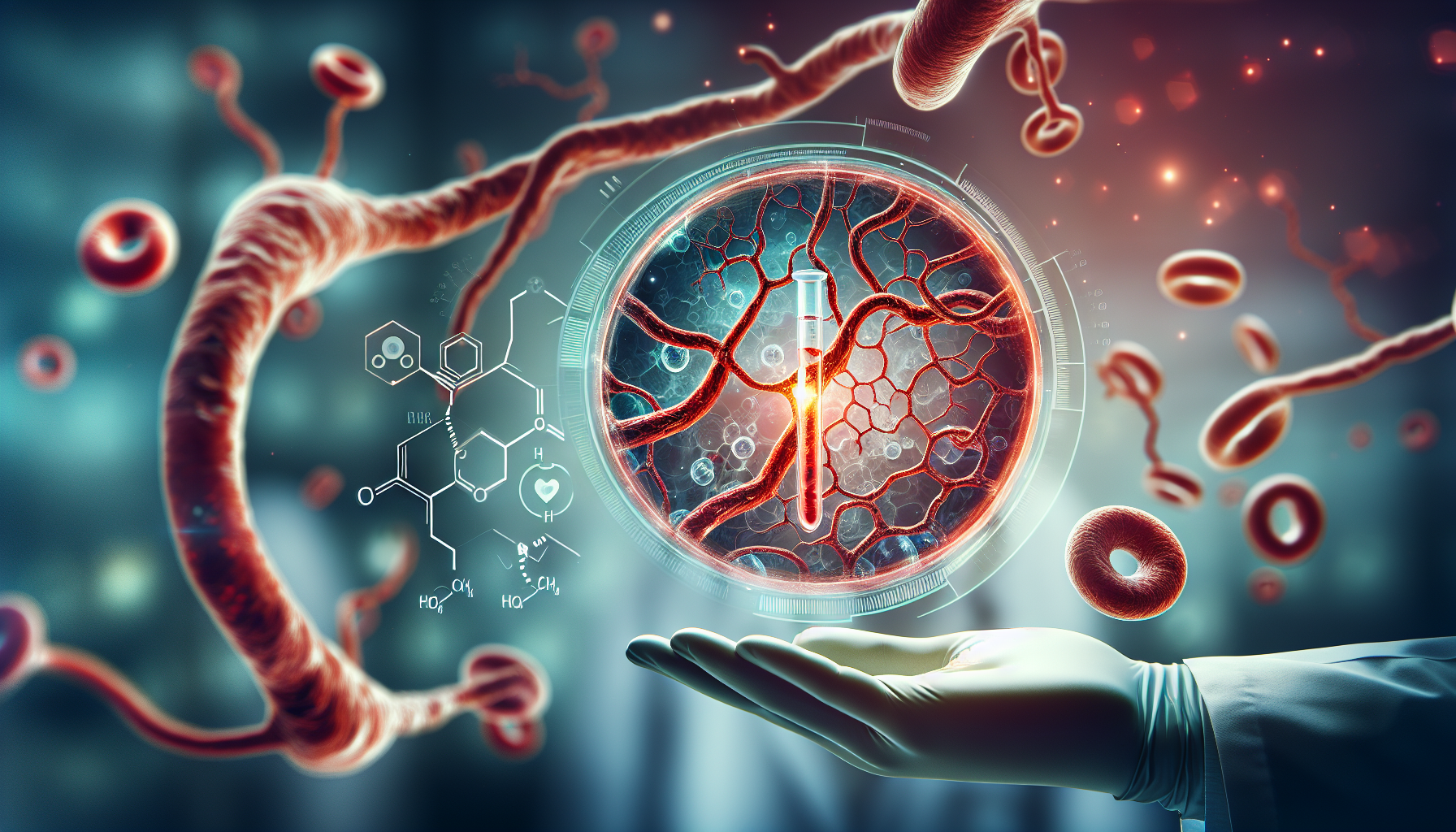Breakthrough RNA Therapy Shows Promise for Muscular Dystrophy Patients
Key Takeaways
- Avidity Biosciences is leading RNA therapeutic innovation with AOC 1020.
- Preliminary FORTITUDE trial data suggests AOC 1020 may slow muscle degeneration in FSHD.
- Avidity's AOCs could revolutionize treatment for various rare genetic diseases.
Did You Know?
Introduction to AOC 1020 Therapy
Avidity Biosciences, a biopharmaceutical company, is leading a revolutionary approach in RNA therapeutics called Antibody Oligonucleotide Conjugates (AOCs™). AOCs combine the precision of oligonucleotide therapies with the targeting capabilities of monoclonal antibodies to treat previously untreatable muscle diseases.
AOC 1020 is one such innovative treatment targeting facioscapulohumeral muscular dystrophy (FSHD), a rare genetic muscle disease.
Overview of the FORTITUDE™ Trial
The FORTITUDE™ trial is a Phase 1/2 clinical trial investigating the safety and effectiveness of AOC 1020 in patients with FSHD. This trial is crucial in assessing how AOC 1020 can potentially address the muscle degeneration caused by FSHD.
Dr. Jeffrey M. Statland, a Professor of Neurology at the University of Kansas Medical Center, is one of the lead investigators in this trial. He will be presenting preliminary data at the 31st Annual FSHD Society International Research Congress.
Key Findings from the Initial Data
The preliminary data from the FORTITUDE trial will be shared in both an oral and poster presentation during the conference. These findings will provide insights into the treatment's impact on muscle health and disease progression.
Early results indicate that AOC 1020 may help slow down muscle degeneration, offering hope to patients suffering from FSHD.
Live Webcast for Data Discussion
Avidity Biosciences will host a live webcast on June 12, 2024, at 8:00 a.m. ET to discuss the preliminary findings from the FORTITUDE trial. This event will be streamed live and later available for replay on their website.
This webcast aims to engage both investors and the medical community, providing a platform for transparent communication about the trial's progress and outcomes.
Importance of RNA Therapeutics
RNA therapeutics represent a new frontier in medicine, offering precise targeting of molecular mechanisms that drive various diseases. AOCs are particularly promising because they can deliver oligonucleotides specifically to affected cells, minimizing side effects and maximizing efficacy.
Avidity's AOCs have shown potential in treating rare muscle diseases like myotonic dystrophy type 1 (DM1) and Duchenne muscular dystrophy (DMD).
Future Directions for Avidity Biosciences
With the advancing pipeline of AOCs, Avidity Biosciences aims to expand their application beyond muscular dystrophies to other fields such as cardiology and immunology. This expansion is part of their mission to utilize their AOC platform to develop treatments for a broader range of diseases.
Through partnerships and internal research, Avidity is committed to pioneering RNA therapeutics for unmet medical needs.
The Potential Impact on Patients with FSHD
FSHD is a debilitating condition with no current cure, causing progressive muscle weakness. The development of AOC 1020 offers a potential treatment option that could significantly improve quality of life for these patients.
If successful, AOC 1020 could become a model for using RNA therapeutics to treat other genetic diseases, highlighting the importance of continued research and support in this field.
Conclusion
The preliminary data from the FORTITUDE trial marks an important milestone in the search for effective treatments for FSHD. Avidity Biosciences' innovative approach with AOCs holds promise not only for FSHD patients but also for many others suffering from rare genetic diseases.
As research progresses, the medical community eagerly anticipates the full results and potential FDA approval of these groundbreaking therapies.
References
- Avidity Bioscienceshttps://www.aviditybiosciences.com
- FSHD Societyhttps://www.fshdsociety.org
- Clinical Trialshttps://clinicaltrials.gov






